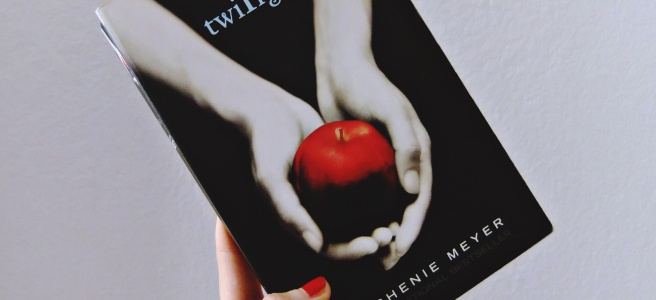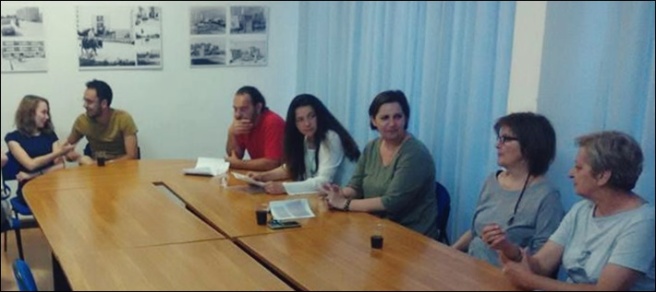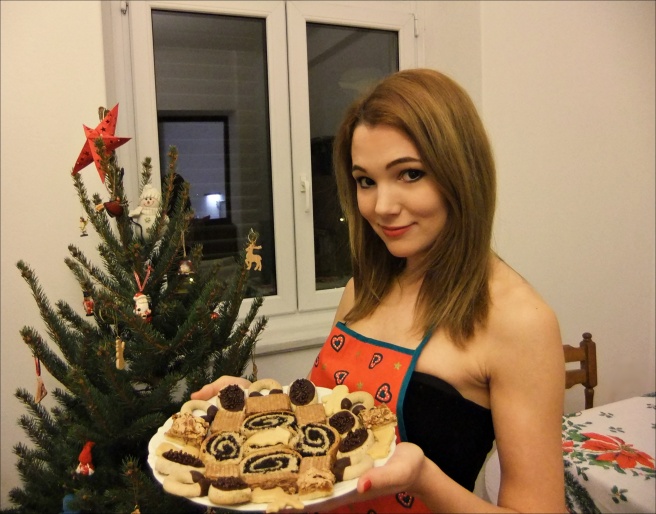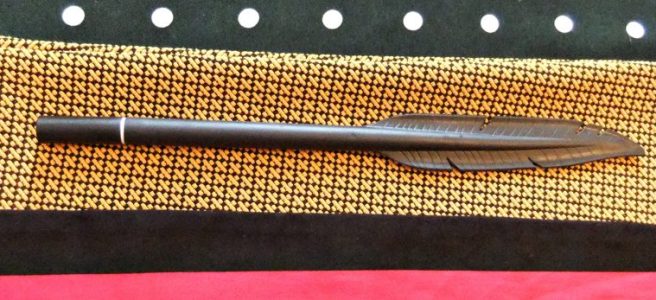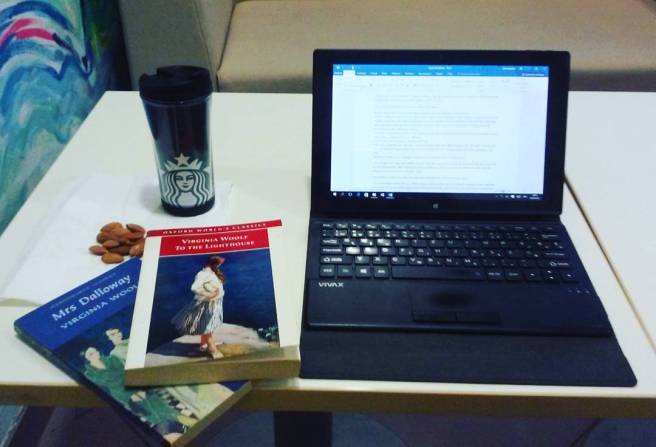Stephenie Meyer, the queen of vampire romance and self-proclaimed feminist, has published a new book. After her best selling four-book collection and her SF novel The Host (which is my favorite Meyer’s novel, by the way), The Chemist was released in November, and it was advertised as Meyer’s departure from YA fiction and her plunge into the world of thriller/mystery novels.
I gave this book a fair try, I really did. I was eager to see Meyer use her indisputable talent for writing page-turners to create something more mature and substantial, something less of a: I-am-a-clumsy-girl-with-a-twisted-taste-in-men-who-waits-to-be-saved and more of a badass main protagonist. I was excited when I read that Alex, the heroine of the novel, seems to be a complete opposite to Bella Swan, the please-turn-me-into-a-vampire girl in the Twilight series. After having read the novel, I was very much disappointed. And here is why:
Despite having promised us a vastly different heroine this time, deep down, Alex and Bella are not so different at all. Alex is an agent working in a particularly shady branch of government and does not hesitate to use violent methods to reach her goal. She is also in a constant fight-or-flight mindset: she sleeps with her gas mask on to prevent suffocating from various deadly chemicals that are set to release in case someone breaks in. You would think this girl would have other things on her mind instead of finding Mr Right: but no, Alex falls in love at first sight with Daniel, a puppy-eyed school teacher (who is apparently fine with the fact that she just tortured him, because, you know, boobs). Her boss gives her one last job, which includes kidnapping and torturing Daniel. However, she soon realizes that he is one of the good guys and spends a giant portion of the book swooning at the sight of him. Now, this whole: is-he-a-good-or-a-bad-boy premise is strangely familiar to me, as to all those who have read the first Twilight book.
What really bothers me is the fact that a novel who is supposed to be a deadly mission of a female assassin in a world filled with mystery and intrigue turns out to be mostly conversations about dogs and food. Not only the initial premise of the book failed to deliver, but also the actual romantic plot significantly lacked substance (that’s just a nice way of saying it was really boring). Obviously, Meyer didn’t realize that making her heroine geeky and skilled in all sorts of weapons is not enough to make her a feminist character. Because, in the end, her life still ends up revolving around her love interest. My actual thoughts while reading? Alex, your Bella is showing.
Now, don’t get me wrong: I have read and enjoyed Twilight. I was 17 when the book came out, and reading Bella’s thoughts felt like reading my own diary. The reason why Twilight managed to attract such a huge amount of readers is not only Meyer’s ability to write stories that feel as comforting and addictive as eating junk food, but also the non-descriptiveness of the heroine: Bella is relatable insofar as she reflects each and every insecurity of the novel’s target audience: fear of being unlovable, less-then, unworthy of the attention of others. It sure did reflect my fears and insecurities at the time. Not only that, but it made me see my boyfriend as romantic and mysterious instead of violent and abusive as he was.
The truth is, while I have grown up to be a feminist and a person who knows her value and does not allow others to mistreat her, at 17 I wasn’t so self-aware. I found comfort in reading about Bella’s divorced parents (just like mine), about her not fitting in any group and her clumsiness. Hell, Bella and I even shared the same literary preference: we both loved Jane Austen. So when I met a tall and mysterious boy who sent me mixed signals and performed big, dramatic gestures to convince me of his affection I really fell for it. I have read about it so many times. I thought that’s what love is supposed to look like. But my “Edward” didn’t have the excuse of being a supernatural being like the one in the book: he was just a messed up kid with a lousy childhood who was just as clueless as I was about how love and relationships work. We hurt each other a lot those months we spent together, but that time also taught me a valuable lesson: if you ever meet someone whose behavior resembles the one of the brooding prince of darkness, run for your life. Do not romanticize violence or unpredictable behavior.
Why am I sharing this with you? To explain my complicated, love-hate relationship with Meyer’s novels, and my own path towards becoming a confident feminist I am today. Because, when I recently picked up the Twilight books, and afterwards The Chemist, I was appalled at the feeble-minded Bella and her putting up with Edward’s aggressive and controlling behavior. I was honestly disgusted at myself and my own love for these books, seven years ago.
Besides the argument that this is hardly a feminist read, my other objections to this book are that some “solutions” seem like just plain lazy writing. I mean: twin brothers? There is hardly a more unimaginative option. It reminds me of Vampire Diaries. Also, the boss asking the heroine to complete one more job is the basic plot of so many action movies I have lost count.
This might be due to my everlasting love of dogs, but the parts I enjoyed the most were those focusing on Kevin and his relationship to his extremely intelligent dogs.
To be fair, I have to say this: my 17-year-old self would have loved The Chemist. And maybe, just maybe, Daniel is a healthier literary crush that Edward, despite his willingness to endure torture if the torturess is hot. Oh well. Maybe Meyer is just a master of writing for her target audience. However, I must say I am glad that I am no longer that audience. My inability to relate to her heroines and to enjoy plots in which a woman’s life revolves around a man proves to me that I have managed to move away from my teenage mindset. Don’t get me wrong: I am not hating on Meyer, I’m just saying that, for someone who claims to be a feminist author, her novels are strangely un-feminist. Both Twilight series and The Chemist can be an entertaining read if you are into that sort of stuff, however, I think that Meyer should at least be honest and admit that they are hardly feminist novels.
As we take part of the society that is on the path to equality, I think it is important to be aware of all the (more or less) hidden messages in our literature and art, because only then we will be able to make informed choices and think critically about what we read and listen to, instead of being passive consumers.
Have you read The Chemist? Did you like it?


